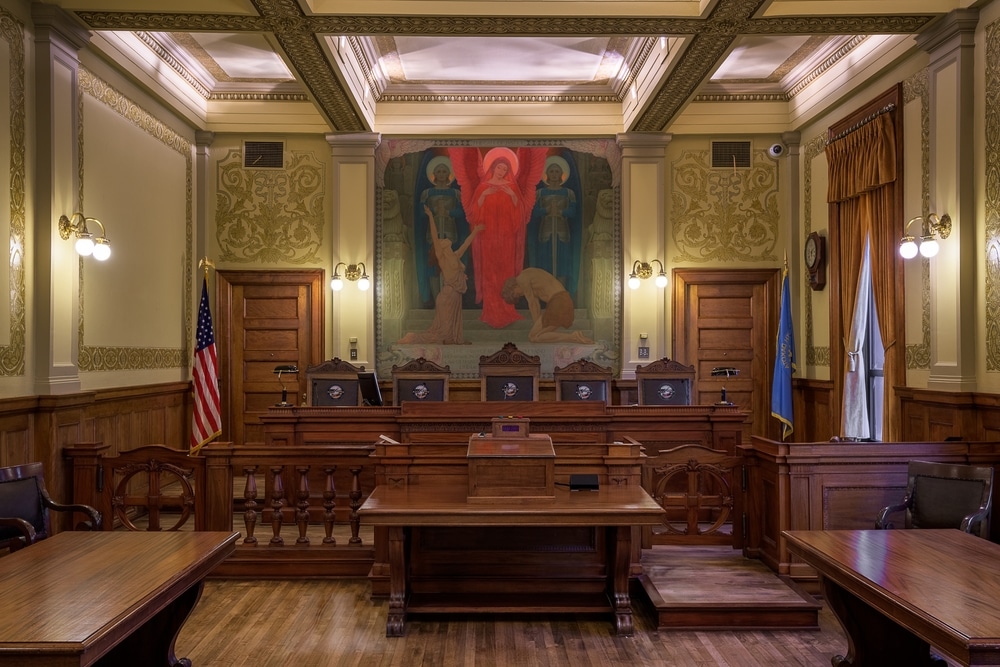Can a court-appointed conservator change the beneficiaries on an individual’s investment accounts? It’s a question that comes up from time to time, and there is no clear answer.
First, some definitions of terms. In Arizona, a conservator is appointed to handle the finances of a person who is in need of protection. That’s different from a guardian — the title for a person appointed to make health care and placement decisions. Other states use different versions of those terms. State law varies quite a bit, in fact, so it may not be easy to generalize about the rules.
Arizona law also specifically says that a conservator (and the court) should “take into account any known estate plan” of the protected person. That’s how Arizona Revised Statutes Section 14-5427 reads. The law comes from the 1973 adoption of the Uniform Probate Code. The legislature hasn’t changed it since then. No appellate court has yet interpreted the provision.
Can South Dakota help us interpret it?
Why, yes. It turns out that South Dakota can help. A recent case from the South Dakota Supreme Court spells out how the issue can arise, and a possible answer. Turns out that a South Dakota conservator can change the beneficiaries — but not without any repercussions. Of course, South Dakota law is different from ours here in Arizona. That’s true even though South Dakota’s law is also based on the Uniform Probate Code.
Consider the late Rose Beadle, who lived (and died) in Wheaton, Minnesota — though she spent some months in a facility just across the border in South Dakota before her death. Her husband died in 2010, and she had a close relationship with a gentleman named Darryl until his death in 2019.
During her time with Darryl, his grandsons Travis and Truman were very involved in Rose’s life. In fact, she named Travis as agent on her durable financial power of attorney. At about the same time, the beneficiary designation on Rose’s Edward Jones investment account was changed to name Travis and Truman as beneficiaries. They replaced the half-dozen nieces and nephews she had named before.
Beginning early in 2019, the South Dakota authorities charged Travis with embezzlement. He ultimately plead “no contest” to the charge, and was convicted in January, 2020. He was ordered to pay back $172,858 he had taken from Rose.
The conservatorship proceeding
Meanwhile, the South Dakota courts appointed a local CPA to act as temporary conservator (and guardian) for Rose. He immediately closed the Edward Jones account and moved the money to a new account — without the beneficiary designations favoring Travis and Truman. He did not give notice to them, either before or after.
Three months later the court appointed the CPA and one of Rose’s nephews as co-conservators (and the nephew as sole guardian). Rose died within two months of that, and the CPA and nephew wrapped up the conservatorship estate. They filed a final accounting and were discharged by the South Dakota probate court four months after her death. But they did not give notice to Darryl’s grandsons until three months after that. It was almost exactly a year after the court order that Travis and Truman learned that the conservator had changed the beneficiaries on Rose’s investment account.
The brother appealed, but the South Dakota Court of Appeals initially ruled that the issue was moot. The conservatorship had been closed and the co-conservators discharged. It was too late to challenge the conservator’s change of beneficiaries — at least in that proceeding.
Travis and Truman then filed a petition in the probate court — ironically, almost exactly two years after the criminal judge had ordered Travis to return money he had embezzled from Rose. The brother argued that they were entitled to notice and an opportunity to be heard before the conservator changed the beneficiaries on Rose’s account. The probate court, unimpressed, dismissed their claims.
Applying the South Dakota law — and Arizona’s
The South Dakota Supreme Court last week reversed the probate court’s judgment. They remanded the case to the probate court for further proceedings. Travis and Truman will have an opportunity to pursue their claim to Rose’s investment accounts. Matter of Estate of Beadle, June 14, 2023.
Unlike Arizona, South Dakota’s version of the Uniform Probate Code does not include any direction that the conservator must consider the protected person’s estate plan. In fact, South Dakota law specifically and unequivocally authorizes a conservator to change the beneficiaries on the protected person’s accounts. Arizona law does not include a similar provision. So it seems likely that Travis and Truman might have an easier time pursuing their claim in Arizona than in South Dakota.
It’s important to note that nothing in the South Dakota Supreme Court decision says that Travis and Truman automatically win. They still will have to deal with arguments that they might have unduly influenced Rose, or that Travis might have used her power of attorney inappropriately. And it seems pretty likely that her nephews and nieces will mention his conviction for embezzlement from Rose. But at least they get to make their claim.
So, can a conservator change the beneficiaries on a protected person’s investment accounts? Maybe. Maybe not. It’s going to depend a lot on the individual facts of the case. And, as it turns out, on where the events occur.



